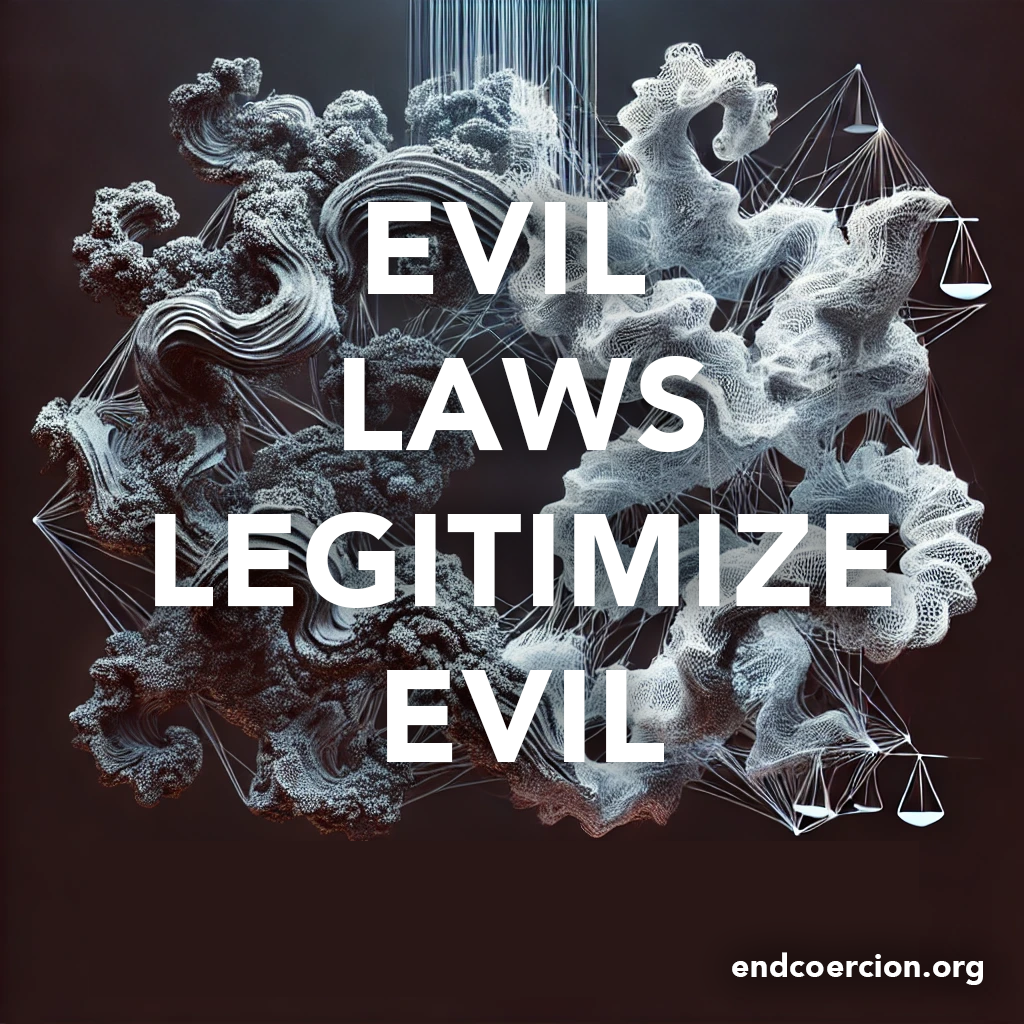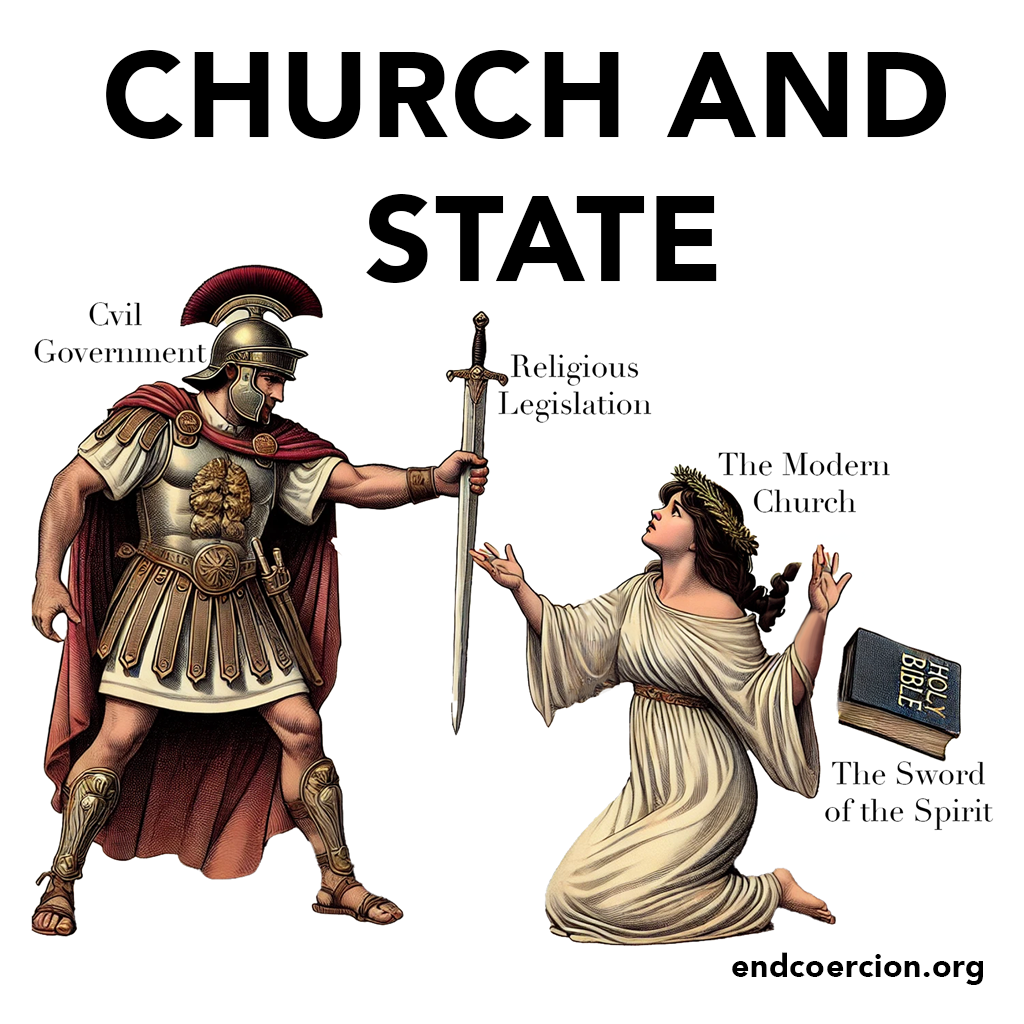A Dominican friar, Bartolomé de las Casas (ca. 1484–1566) wrote his Short Account to open the eyes of King Philip II of Spain as to the atrocities committed in newly discovered Latin America.
The Americas were discovered in 1492, and the first Christian settlements established by the Spanish followed the next year. As of now, it has been forty-nine years since the Spaniards began arriving in these lands. They first settled on the large and fertile island of Hispaniola, which has six hundred leagues of coastline and is surrounded by many other large islands, all of which I personally observed to be as densely populated as any region on Earth. By 1541, over ten thousand leagues of mainland coast—only about two hundred and fifty leagues away from Hispaniola—had been explored, and more regions are being discovered each day. This coast, too, is teeming with people, and it seems, based on the areas explored so far, that the Almighty chose this part of the world to house a significant portion of humanity.
God created all the peoples of these lands, as numerous and diverse as they are, to be as open-hearted and innocent as imaginable. They are the simplest people in the world—gentle, patient, humble, and submissive. They are free of malice and deceit and are entirely loyal and obedient to their native leaders as well as to the Spaniards they now serve. They are never quarrelsome or combative, and they neither bear grudges nor seek revenge; in fact, concepts like vengeance and hatred are entirely foreign to them. At the same time, they are among the most physically delicate people in existence: their fragile bodies cannot endure hard labor or suffering, and they are prone to succumbing to even the mildest of illnesses. Even the common folk are no hardier than the noble classes or than those Europeans born into privilege and accustomed to a life of protection from the world’s hardships. They are also among the poorest people on Earth; they own next to nothing and have no desire for material wealth. Consequently, they are neither ambitious nor greedy and are entirely uninterested in worldly power. Their diet is as meager and monotonous in quantity and variety as that of the Desert Fathers. Most of them go about naked, save for a simple loincloth to cover themselves modestly; at best, they may wrap themselves in a piece of cotton cloth about a yard or two wide. Most sleep on woven mats, though a few have a kind of hanging bed, known in Hispaniola as a hammock. They are innocent and pure of heart, with quick minds, which makes them particularly receptive to learning the truths of our Catholic faith and practicing virtue; indeed, God has endowed them with fewer obstacles to this than any other people on Earth. Once they begin learning about the Christian faith, they become eager to know more, to receive the sacraments, and to worship God. The missionaries who instruct them regard them as truly patient and forbearing people. Over the years, I have met Spanish laypeople who, moved by the goodness shining from these people, have often remarked: “These would be the most blessed people on Earth if they were given the chance to convert to Christianity.”
It was upon these gentle lambs, whom the Creator had endowed with all these virtues, that the Spaniards descended like ravenous wolves, tigers, and savage lions that had gone unfed for days, from the very first moment they laid eyes on them. The pattern established at the outset has not changed; the Spaniards continue to tear the natives apart, kill them, and inflict untold misery, suffering, and torment upon them, relentlessly persecuting them. We will describe some of the many inventive methods of torture they have developed, but one can grasp the magnitude of their effectiveness from the numbers alone. When the Spaniards first arrived, the population of Hispaniola was around three million; today, only two hundred remain.
One devout person undertook an expedition to find those who had fled the Spanish slaughter and were still living in the Bahamas, hoping to save their souls by converting them to Christianity. However, after three years of searching, only eleven survivors were found, whom I personally saw. In addition, some thirty islands near Puerto Rico have been completely depopulated and left to ruin due to the same practices. All these islands, stretching over more than two thousand leagues, now lie desolate and abandoned.
On the mainland, it is known for certain that through their cruelty and wickedness, our compatriots have depopulated and destroyed an area that once encompassed more than ten kingdoms, each larger than the entire Iberian Peninsula. The entire region, which once teemed with people, is now deserted for over two thousand leagues—a distance greater than the journey from Seville to Jerusalem and back.
Conservatively estimated, the despotic and diabolical actions of the Christians have, over the past forty years, led to the unjust and unwarranted deaths of more than twelve million souls, including women and children. There are grounds to believe that my estimate of over fifteen million is closer to the truth.
They spared no one, constructing especially wide gallows where they could hang their victims with their feet barely touching the ground before burning them alive in groups of thirteen, in honor of our Savior and the twelve apostles. They also tied bundles of dry straw to their bodies and set them aflame. Some they chose to keep alive only to slice open their wrists and leave their hands hanging, telling them: “Take this letter”—meaning their suffering would serve as a warning to those hiding in the hills. The usual way they dealt with local leaders was to tie them to a sort of grid made of sticks propped up on forks stuck in the ground and then roast them over a slow fire. This caused them to howl in agony as they endured a long, excruciating death.
I personally witnessed this when they grilled four or five local leaders in this manner (and I believe they had set up two or three additional grids nearby to process other victims simultaneously). The agonized cries of these poor souls disturbed the Spanish commander’s sleep, so he ordered them to be strangled. However, the man in charge of the execution, who was more bloodthirsty than a common executioner (I know his identity and even met some of his relatives in Seville), was reluctant to cut short his entertainment and personally went around stuffing wooden plugs into their mouths to silence them, all while deliberately stoking the fire to prolong their suffering. I saw these things myself and many others besides. Since those who could manage to escape fled into the hills and mountains to evade these merciless and inhuman tormentors, their mortal enemies trained hunting dogs to track them down. These wild dogs would kill a native as soon as they saw one, tearing them apart and devouring them as if they were pigs. The dogs caused immense carnage among the natives, responsible for numerous deaths. And when, on rare occasions, the natives managed to kill a Spaniard—an act which, given the crimes committed against them, was fully justified—the Spaniards agreed among themselves that for every European killed, one hundred natives would be executed.
I, Bartolomé de las Casas, a brother in the Dominican Order, was, by the grace of God, persuaded by several individuals here at the Spanish court, who were concerned for the Christian faith and sympathetic to the suffering and miseries endured by others, to write the work you have before you. My aim is to ensure that the vast multitudes of people in the New World, for whose sins Christ died, do not continue to perish in ignorance but instead are brought to the knowledge of God and salvation. My love for Castile also compelled me, as I do not want to see my country destroyed as divine punishment for sins against God and the true faith. I had always intended to write this account, but my duties delayed it. I completed it in Valencia on the eighth day of December, 1542, at a time when the violence, oppression, despotism, killing, pillaging, depopulation, atrocities, suffering, and calamities we have described were at their peak across the New World wherever Christians have set foot. Some areas may be worse than others; for example, in Mexico City and surrounding regions, atrocities cannot be committed as openly, given the semblance of justice there, despite the unjust taxes imposed upon the people. Yet I remain hopeful for the future, as the Emperor and King of Spain, Charles V (may God preserve him and his Empire), learns of the atrocities committed against his will and that of God by his servants in the New World. Up until now, there has been a concerted effort to keep these events hidden. However, as a man committed to justice, he will put an end to this wickedness and undertake comprehensive reforms in the administration of this New World that God has bestowed upon him for the greater glory of the Holy Catholic Church and the salvation of his own soul. Amen.


